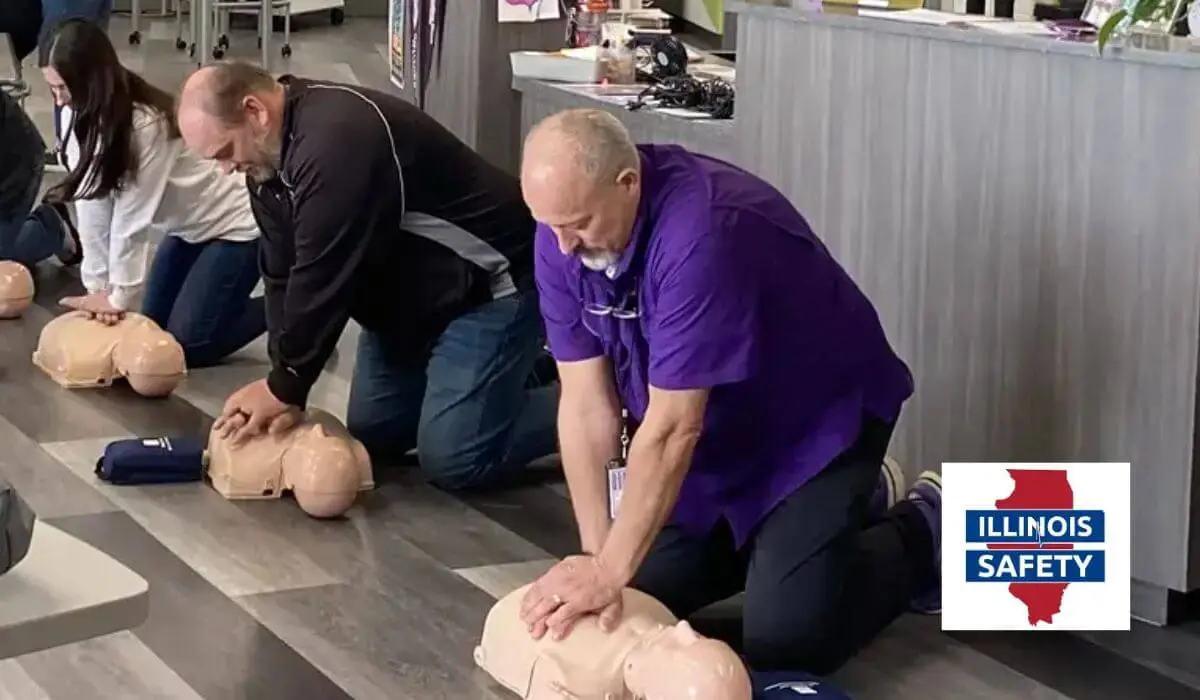
Why Businesses Should Consider Life Support Courses
Life Support Courses Is Essential For Businesses
It is the basic obligation of every company to maintain a safe working environment. Life support training equips employees with the skills and confidence to handle emergencies, potentially saving lives. Illinois Safety offers a variety of life support courses tailored to meet the needs of businesses of all sizes. Our comprehensive programs, from basic CPR to advanced life support, are designed to enhance workplace safety and preparedness. For more information on our offerings, visit our FAQs section or contact our team directly at (630) 290-4280.
The Importance Of Life Support Classes For Businesses
Life support training is crucial for creating a safe working environment. Emergencies can occur without warning, and having trained personnel on-site can make a significant difference in outcomes. According to the American Heart Association, immediate CPR can double or triple the chances of survival after cardiac arrest. Moreover, trained employees can provide critical support during medical emergencies, preventing further complications and ensuring that professional medical assistance is received in a timely manner. Businesses that invest in life support training not only demonstrate a commitment to their employees’ well-being but also enhance overall workplace safety. This investment in safety can lead to a more secure, confident, and productive workforce, ultimately benefiting the company as a whole.
Types Of Life Support Classes For Businesses
Different types of life support classes for businesses cater to various emergency situations. From advanced cardiovascular support to basic CPR, each course provides essential skills to handle specific medical emergencies. Here is an overview of the key courses offered:
PALS training is essential for businesses that cater to children or have environments where children are present. This course focuses on the advanced treatment of critically ill infants and children, ensuring that employees are prepared to handle pediatric emergencies effectively. For example, childcare centers, schools, and recreational facilities can greatly benefit from PALS training, as it equips staff with the necessary skills to manage serious health incidents involving children.
ACLS classes are designed for healthcare professionals and staff in high-risk industries. This training covers advanced interventions and algorithms for treating cardiac emergencies, including stroke and acute coronary syndromes. ACLS certification is critical for enhancing the preparedness of your team, particularly in environments where high-stress, high-risk situations may arise. Industries such as manufacturing, construction, and large corporate offices can benefit from having staff trained in ACLS.
BLS CPR training provides fundamental skills necessary for saving lives in a variety of settings. This course teaches high-quality CPR, automated external defibrillator (AED) use, and relief of choking in adults, children, and infants. BLS is the cornerstone of emergency cardiovascular care and is essential for all employees, regardless of their role or industry. It ensures that even non-medical staff can perform life-saving procedures until professional help arrives.
The HeartSaver First Aid CPR AED course is perfect for non-medical employees who need to respond to cardiac emergencies and provide first aid. This training includes the use of an AED and teaches skills such as bandaging, splinting, and handling various medical conditions. It’s an excellent way to ensure your team is ready for any emergency, providing them with the confidence and ability to act swiftly and effectively.
NRP is vital for businesses involved in neonatal care or environments where newborns are present. This program equips employees with the skills to perform neonatal resuscitation and handle critical situations involving newborns. Hospitals, clinics, and even large corporations with on-site childcare facilities can benefit from NRP training.
Our Fire Extinguisher Safety Program educates employees on the correct use of fire extinguishers, including the different types and appropriate scenarios for their use. This training is crucial for preventing small fires from becoming major incidents. Understanding how to use a fire extinguisher effectively can make a significant difference in minimizing damage and ensuring the safety of all employees.
Benefits Of Implementing Life Support Courses In Businesses
Implementing life support training in businesses offers numerous benefits:
Enhanced Workplace Safety
Trained employees can respond quickly and effectively to emergencies, reducing the severity of incidents and potentially saving lives. This preparedness ensures that medical emergencies are managed efficiently until professional help arrives.
Improved Employee Confidence And Morale
Employees feel more secure and valued when they know their employer invests in their safety and well-being. This investment in training fosters a supportive work environment, leading to increased job satisfaction and morale.
Potential For Reduced Insurance Premiums
Businesses with comprehensive safety programs may qualify for lower insurance premiums due to reduced risk. Insurance companies often recognize the proactive steps taken by businesses to ensure safety, which can lead to cost savings.
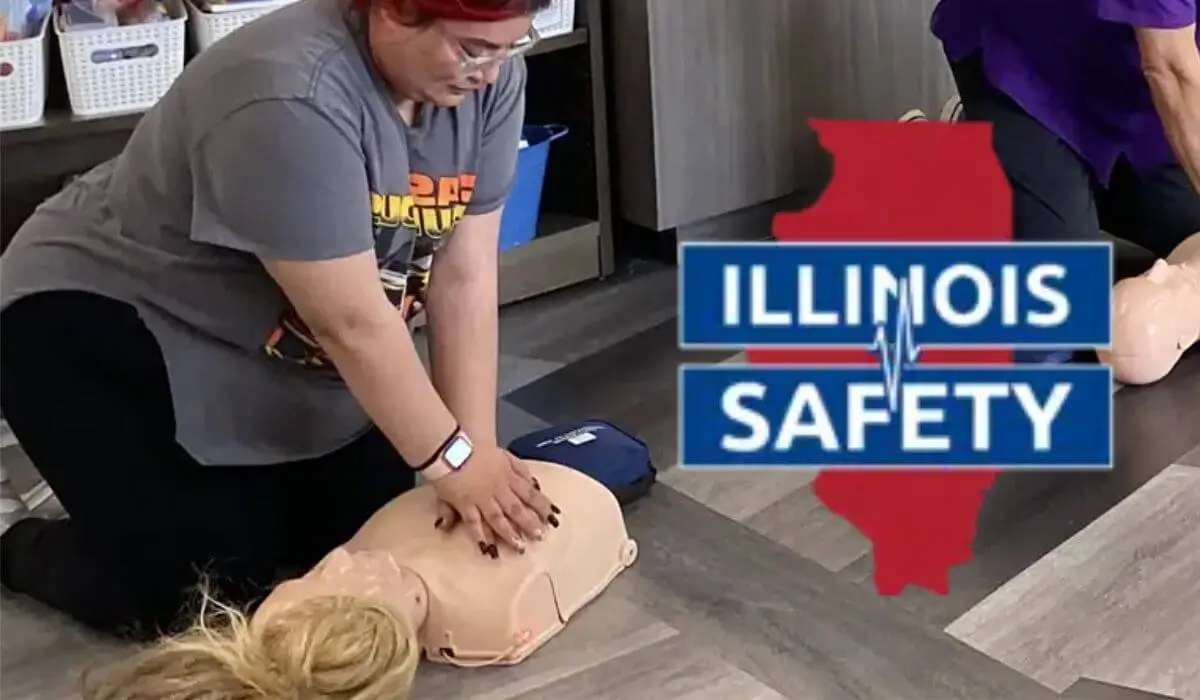
How To Choose The Right Life Support Training For Your Business
Selecting the appropriate life support courses depends on several factors:
Size Of Business
Larger businesses may need more extensive training programs to ensure all employees are adequately prepared. Small businesses can also benefit from tailored training that addresses their specific needs.
Industry Specifics
Different industries have unique risks. For instance, childcare providers need PALS training, while manufacturing businesses might benefit more from BLS and fire safety training. Understanding the specific risks associated with your industry will help in choosing the most relevant courses.
Employee Roles
Consider the specific needs of different employee roles. Office staff might require basic CPR and first aid, while field workers might need more advanced training. Customizing training programs to fit the roles and responsibilities of your employees ensures comprehensive preparedness.
To schedule and integrate training sessions, start by assessing your business’s specific needs and consulting with a training provider like Illinois Safety. We can help tailor a program that fits your requirements and ensures maximum benefit. Ensuring that training sessions are conveniently scheduled and accessible to all employees will also enhance participation and effectiveness.
For any business, investing in life support training is essential. It not only makes the workplace safer, but it also boosts the confidence of workers and can save money by lowering insurance costs. When it comes to Illinois Safety, we have many courses to meet the needs of different businesses. Visit our Frequently Asked Questions (FAQ) page or call us at (630) 290-4280 to learn more about your options and make sure your team is ready for any emergency. Making a promise to be safe starts here. You are not only protecting your employees by making life support training a priority, but you are also creating a culture of safety and preparedness within your company.
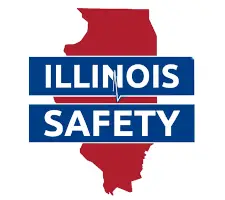
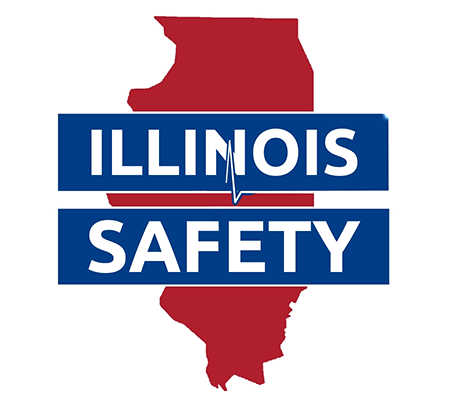
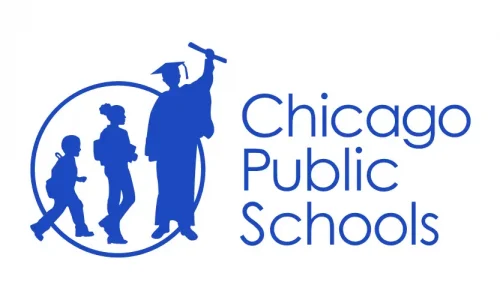

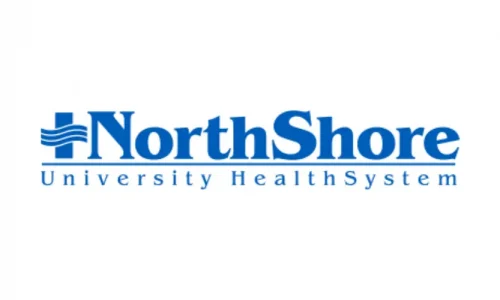

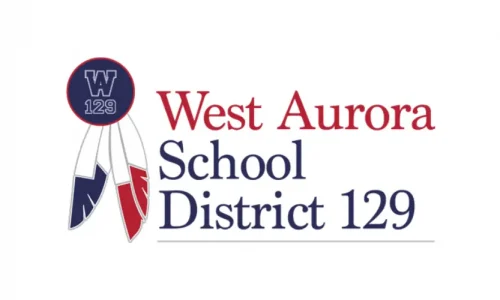


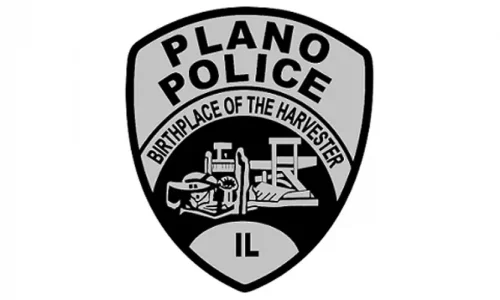
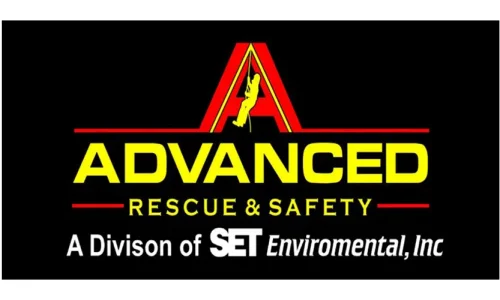
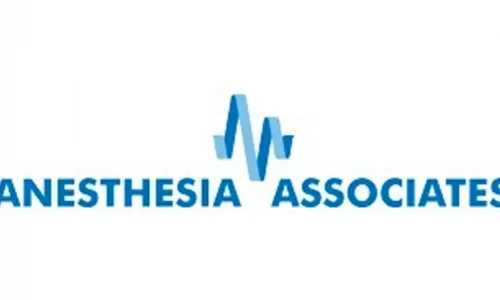
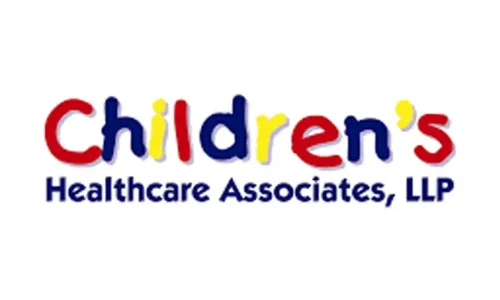



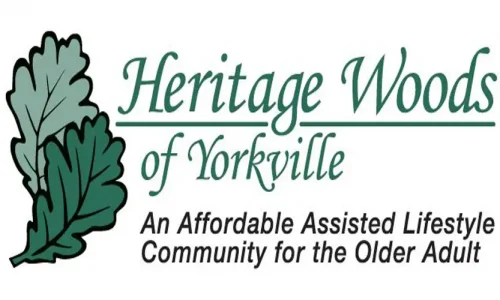
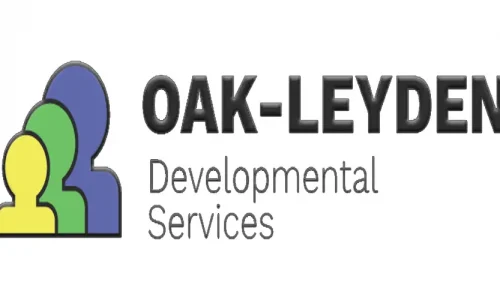
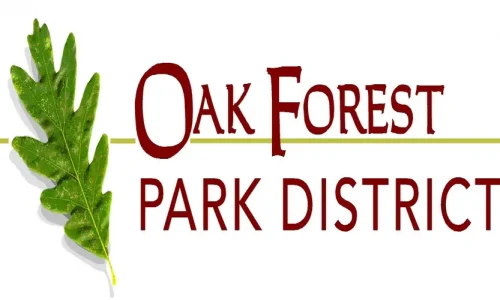
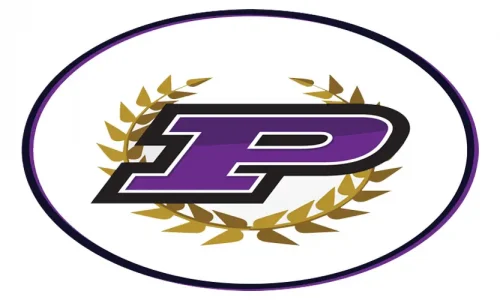
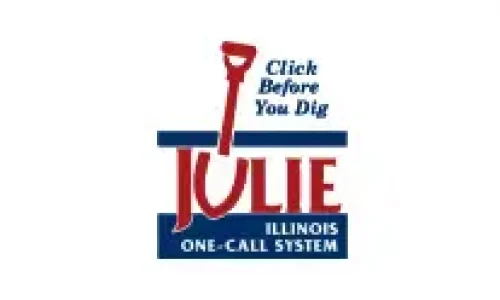


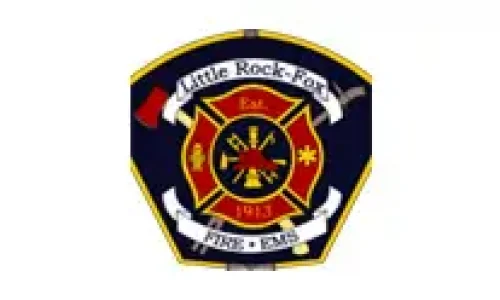
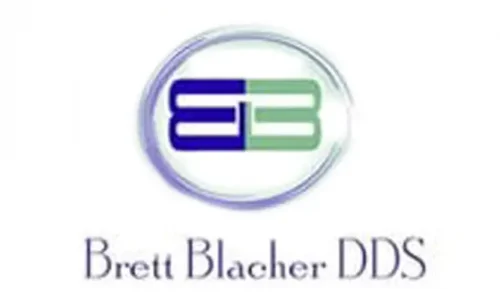
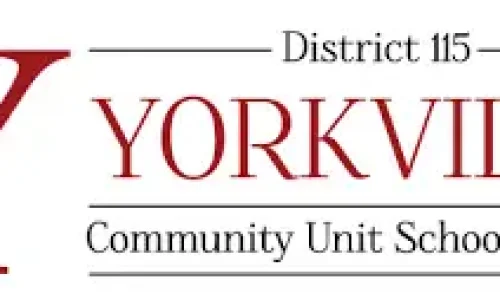



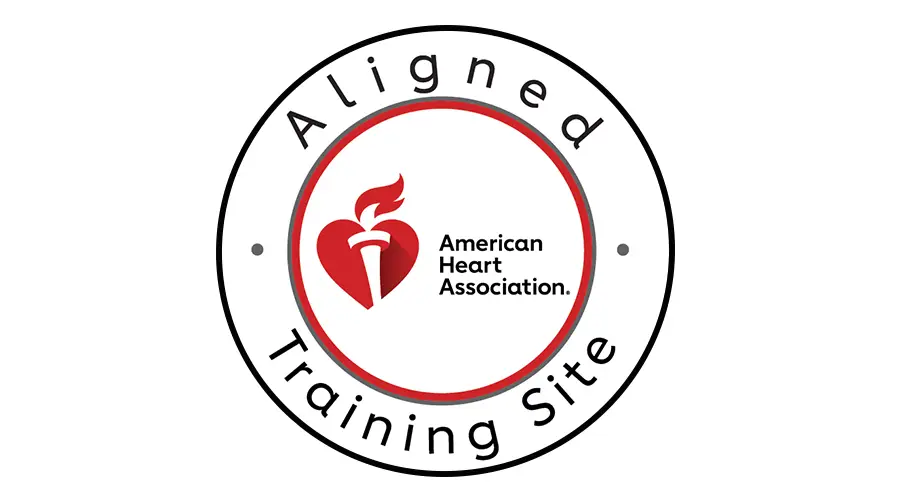
 Powered by
Powered by